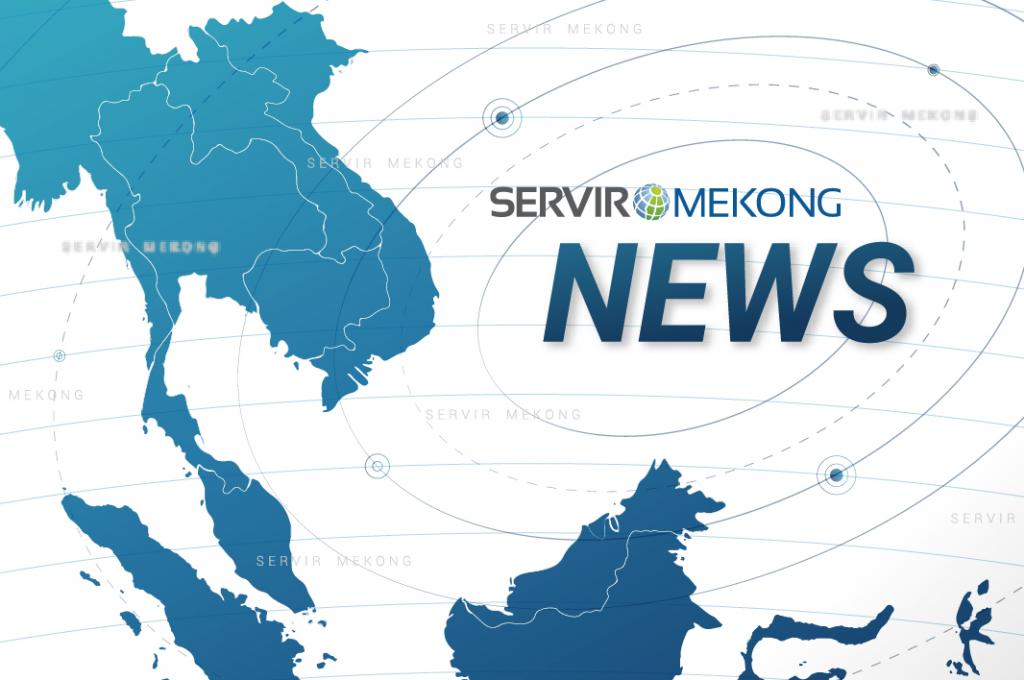USAID LEAF workshop boosts integration of forest degradation monitoring in national systems

Globally, about two-thirds of the world’s forests are considered degraded, but practical, cost-effective tools for monitoring forest quality remains elusive.
This workshop “Moving on from Experimental Approaches to Advancing Integration in National Systems for Measuring and Monitoring Forest Degradation Across Asia” aimed to build a common regional understanding of the rationale for measuring and monitoring forest degradation in the context of climate change mitigation. It provided a platform for over 70 national policy makers and technical practitioners from South Asia, the Lower Mekong countries, and the Indo-Malayan region, as well as international researchers to share information on methodologies and approaches for measuring and monitoring forest degradation.
It provided an opportunity for participants to share information on different methods and approaches for measuring and monitoring the decline of forests. The workshop also reviewed international developments in measuring and monitoring forest degradation and explored opportunities for advancing country-led efforts.
The workshop provided structure and guidance to the country teams in completing a detailed degradation measuring and monitoring decision framework that will contribute to the protection of forest cover, preserve wildlife habitats and counter the negative effects of climate change.
The United States Agency for International Development’s Lowering Emissions in Asia’s Forests (USAID LEAF) Program and the United States Forest Service International Program organized the event, with co-funding from SERVIR-Mekong, the EU Joint Research Centre, UN-REDD, and the SilvaCarbon technical cooperation program of the U.S. Geologic Survey.
Attached through this link are presentations and documents covering this workshop.



